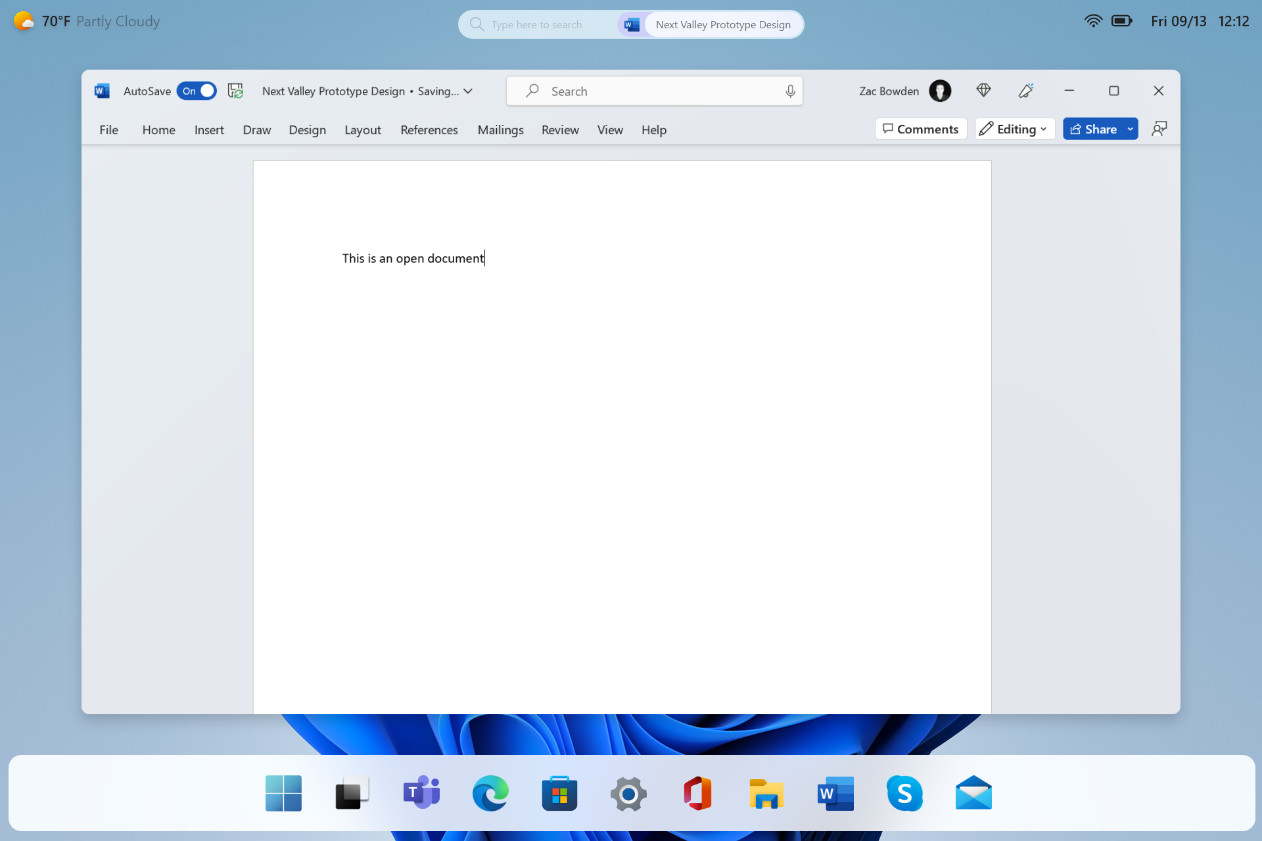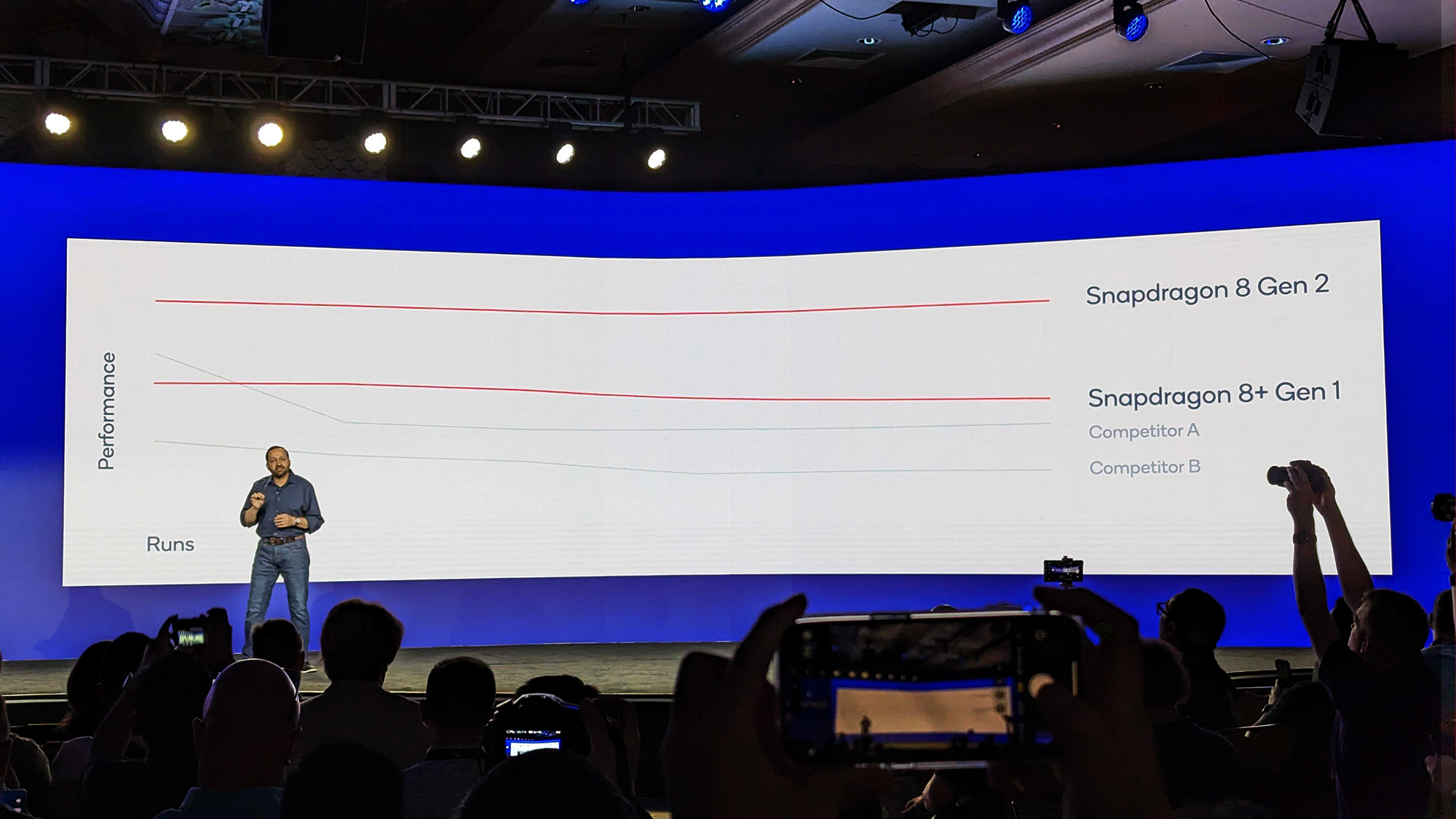Microsoft reveals next evolution of Windows - and it won't be Windows 12
No Windows 12 yet as Windows 11 24H2 incoming

Sign up for breaking news, reviews, opinion, top tech deals, and more.
You are now subscribed
Your newsletter sign-up was successful
Microsoft has confirmed that the next update for Windows, Windows 11 version 24H2, is indeed coming later this year. While it’s good to know that Microsoft is planning a major update for Windows 11, the news will be disappointing to anyone who was hoping for an imminent release of Windows 12, the rumored next generation of the Windows operating system (OS). We expect Windows 11 24H2 to arrive around September or October, and will continue Microsoft’s focus on developing the AI-aided user experience and quality of life upgrades that the company has been so keen on pushing lately.
This does mean that we can put any expectations of a Windows 12 to bed, at least until after the second half 2024. Many people were convinced that Windows 11’s successor was coming sooner rather than later because of the heavy emphasis on next-generation AI features and experiences. This rumored release was code-named Hudson Valley, and it’s anticipated to get an official announcement mid-2024, and start rolling out in the latter half of 2024.

Straight from the horse's mouth (or rather, blog)
According to Windows Central, this confirmation of Windows’ annual major feature update comes to us from a Windows 11 preview build changelog published on February 8, 2024. Microsoft writes:
"Starting with Build 26-xx today, Windows Insiders in the Canary and Dev Channels will see the versioning updated under Settings > System > About (and winver) to version 24H2. This denotes that Windows 11, version 24H2 will be this year’s annual feature update.”
Windows 11 24H2 will still absolutely be worth updating to as Microsoft is currently one of the leaders in the personal computing space that’s actively pursuing and developing AI user assistance. We’ve seen evidence of this with Microsoft’s enthusiastic debut and continued campaign to bring Windows Copilot, its digital AI assistant that’s even getting its own keyboard button, to users. New AI features will make use of recently-manufactured devices’ cutting-edge processors from manufacturers like AMD, Intel, and Qualcomm, who have all recently released (or at least announced) new chips with dedicated support for artificial intelligence.

What's the hold up with Windows 12?
There are multiple speculated reasons for why Microsoft is currently sticking to Windows 11 instead of moving on. One such suggestion is that Microsoft is reluctant to split its PC user base even more with a third major Windows version on the market. Its user base is already somewhat split with many users preferring to stick to Windows 10 (reportedly outnumbering Windows 11 users more than twofold).
Meanwhile, Windows Central suggests multiple (very reasonable) reasons why Microsoft is currently sticking to Windows 11. First off, Windows’ and Surface’s former leader, Panos Panay, has departed Microsoft. Panay has headed up the Surface team since its inception, and led the development of Windows since 2020.
Sign up for breaking news, reviews, opinion, top tech deals, and more.
It’s a major change-up for Microsoft internally, and along with Windows 10’s continued widespread popularity, the company is probably somewhat hesitant to release Windows 12 during this period. Microsoft is planning to end support for Windows 10 in 2025 to have a better chance of consolidating its user base, and it’s probably waiting at least until then to introduce Windows 12.
YOU MIGHT ALSO LIKE...
Kristina is a UK-based Computing Writer, and is interested in all things computing, software, tech, mathematics and science. Previously, she has written articles about popular culture, economics, and miscellaneous other topics.
She has a personal interest in the history of mathematics, science, and technology; in particular, she closely follows AI and philosophically-motivated discussions.